The New Abwehr - 12:35 PM 2/11/2019
Abwehr: the real history
SATURDAY, MAY 28, 2011
Abwehr: the real history
The Abwehr was the German military intelligence organization from 1866 to 1944. The organization predates the emergence of Germany itself, and was founded to gather intelligence information for the Prussian government during a war with neighboring Austria
In 1871, Prussia united with other independent German states to form the nation of Germany
The intelligence agency was again tested at the outbreak of World War I in 1914. German agents worked to pinpoint the location and strength of the Allied forces, helping the German forces to invade and progress through northern France
New military technology changed the nature of espionage. Agency director Walther Nicolai recognized the need for a modernized intelligence force and reorganized the department to include experts in wire tapping, munitions manufacturing, shipping, and encryption.
The agency tapped enemy communications wires, intercepting and deciphering Allied dispatcheswith measured accomplishment.
The Abwehr sent several agents to spy on the manufacture of poison gas in France , and tracked munitions production and shipping in Britain America to Allied forces in Europe . Several ships were sunk in transit after being identified by agents as smuggling arms. German agents, often acting on information collected by Abwehr, set fire to several American weapons factories and storage facilities. While the Abwehr was generally successful, the loss of the German codebook to British intelligence somewhat undermined the agency’s ultimate efficacyduring the war.
After World War I, the Abwehr ceased operation under the terms of the Versailles Treaty. The intelligence service was re-established in 1921. When the Nazis gained control of Germany
The Nazis created a separate intelligence organization, the Sicherheitsdienst, or Security Service, headed by Reinhard Heydrich. In 1935, the new Abwehr director,
Wilhelm Canaris, and Heydrich reached an agreement about the roles of each agency, but both trained and maintained their own espionage forces. Canaris reorganized the Abwehr into three branches: espionage, counterespionage, and saboteurs. He appointed three distinguished Abwehr agents to lead the branches, but only on condition that they were not members of the Nazi party.
This aroused the suspicion of rival Security Service. The two agencies came into conflict on several occasions, and as Heydrich gained power, he persuaded the government to investigate members of the Abwehr for espionage and treason. Several members of the Abwehr were arrested in 1939. Though a handful of the agency’s highest ranking officials were active as double-agents or as members of the Resistance, the organization as a whole continued its espionage operations on behalf of the German government.
At the outbreak of World War II, Abwehr resumed operations similar to those carried out during World War I.
The agency was in charge of tracking troops and munitions transports, tapping wires and intercepting radio messages, and infiltrating foreign intelligence and military units. Abwehr placed two operatives inside the British intelligence agency for two years, and developed a highly successful encryption device called the Enigma machine.
Agents tracked and monitored various resistance movements in occupied Europe , and even sabotaged military and government strongholds behind Allied lines.
Canaris made the United States one of Abwehr’s primary targets even before America
By 1942, German agents were operating from within all of America
Abwehr scored perhaps its greatest victories in the area of industrial espionage, as agents managed to steal the blueprint for every major American airplane produced for the war effort.
One of the Abwehr’s responsibilities during World War II was the extractionof information from prisoners of war. While Abwehr agents remained largely in control of seeking strategic information from British, French, and American prisoners, the Nazi government issued a special directive to various branches of the military regarding Russian prisoners of war.
The Commissar Order, as it became known, instructed the Army to handle Russian prisoners as harshly as they deemed necessary for the retrieval of military information.
At one time, German concentration camps held more that 1.5 million Russian prisoners. Canaris himself raised several objections to this policy, largely on the grounds that it undermined the authority and efficacy of his agency and could cripple the German war effort.
In 1944, Heinrich Himmler, head of the Gestapo, the Nazi secret police, assumed control of Abwehr after an unsuccessful assassination attempt on Adolf Hitler and several other high ranking Nazi officials. Himmler suspected that the plot was the work of agents inside the government, most especially the Abwehr. The July Plot also exposed the work of those Abwehr agents who had intentionally leaked sensitive information to the Allies.
Several agents, including Canaris, were charged with treason and executed. The Abwehr was then dissolved.
-
Michael Novakhov - SharedNewsLinks℠ - 25
-
-
__________________________________________
The Diagnostic Triad of the Abwehr and the New Abwehr Operations Worldwide And In "Trump - Russia Affair" | Abwehr Austrophobia
The Operation Trump and The New Abwehr: A Study In Psychohistory by Michael Novakhov – Google Search
| German Intelligence Chief Wilhelm Franz Canaris – The Operation Trump and The New Abwehr: A Study In Psychohistory by Michael Novakhov – Google Search | ||||||
|
The Operation Trump and The New Abwehr: A Study In Psychohistory by Michael Novakhov – Google Search | ||
|
>> Mike Nova’s Shared NewsLinks Review In Brief
» German Intelligence Chief Wilhelm Franz Canaris
24/01/19 06:17 from Mike Nova’s Shared Newslinks
Michael_Novakhov shared this story from Warfare History Network. Adolf Hitler’s spymaster, Admiral Wilhelm Canaris, was actually a dedicated anti-Nazi who did everything he could to frustrate the Führer’s plans. by David…
24/01/19 06:17 from Mike Nova’s Shared Newslinks
Michael_Novakhov shared this story from Warfare History Network. Adolf Hitler’s spymaster, Admiral Wilhelm Canaris, was actually a dedicated anti-Nazi who did everything he could to frustrate the Führer’s plans. by David…
» Canaris and Heydrich – Axis History Forum
24/01/19 06:16 from Mike Nova’s Shared Newslinks
Michael_Novakhov shared this story . Canaris and Heydrich #1 Post by Ezboard » 29 Sep 2002, 21:37 GFM2001 Member Posts: 55 (8/20/01 12:32:55 pm) Reply Canaris and Heydrich ————————————————————…
24/01/19 06:16 from Mike Nova’s Shared Newslinks
Michael_Novakhov shared this story . Canaris and Heydrich #1 Post by Ezboard » 29 Sep 2002, 21:37 GFM2001 Member Posts: 55 (8/20/01 12:32:55 pm) Reply Canaris and Heydrich ————————————————————…
» Canaris – Heydrich Gay Love Affair – Google Search
24/01/19 05:53 from Mike Nova’s Shared Newslinks
Michael_Novakhov shared this story .
24/01/19 05:53 from Mike Nova’s Shared Newslinks
Michael_Novakhov shared this story .
» Canaris – Heydrich Gay Love Affair – Google Search
24/01/19 05:52 from Mike Nova’s Shared Newslinks
Michael_Novakhov shared this story .
24/01/19 05:52 from Mike Nova’s Shared Newslinks
Michael_Novakhov shared this story .
» Canaris – Heydrich Gay Love Affair – Google Search
24/01/19 05:50 from Mike Nova’s Shared Newslinks
Michael_Novakhov shared this story .
24/01/19 05:50 from Mike Nova’s Shared Newslinks
Michael_Novakhov shared this story .
» Canaris – Heydrich Gay Love Affair – Google Search
24/01/19 05:48 from Mike Nova’s Shared Newslinks
Michael_Novakhov shared this story .
24/01/19 05:48 from Mike Nova’s Shared Newslinks
Michael_Novakhov shared this story .
» Canaris – Heydrich Gay Love Affair – Google Search
24/01/19 05:47 from Mike Nova’s Shared Newslinks
Michael_Novakhov shared this story .
24/01/19 05:47 from Mike Nova’s Shared Newslinks
Michael_Novakhov shared this story .
» Canaris – Heydrich Gay Love Affair – Google Search
24/01/19 05:46 from Mike Nova’s Shared Newslinks
Michael_Novakhov shared this story .
24/01/19 05:46 from Mike Nova’s Shared Newslinks
Michael_Novakhov shared this story .
» Canaris – Heydrich Gay Love Affair – Google Search
24/01/19 05:45 from Mike Nova’s Shared Newslinks
Michael_Novakhov shared this story .
24/01/19 05:45 from Mike Nova’s Shared Newslinks
Michael_Novakhov shared this story .
» Canaris – Heydrich Gay Love Affair – Google Search
24/01/19 05:45 from Mike Nova’s Shared Newslinks
Michael_Novakhov shared this story .
24/01/19 05:45 from Mike Nova’s Shared Newslinks
Michael_Novakhov shared this story .
» Service record of Reinhard Heydrich
24/01/19 05:43 from Mike Nova’s Shared Newslinks
Michael_Novakhov shared this story . SS- service record cover of Obergruppenführer und General der Polizei Reinhard Heydrich The service record of Reinhard Heydrich was a collection of official SS documents maintained at the SS Pers…
24/01/19 05:43 from Mike Nova’s Shared Newslinks
Michael_Novakhov shared this story . SS- service record cover of Obergruppenführer und General der Polizei Reinhard Heydrich The service record of Reinhard Heydrich was a collection of official SS documents maintained at the SS Pers…
» RUSSIA and THE WEST – РОССИЯ и ЗАПАД: – Командир, ручка от жопы отваливается! | – Ништяк, а мы её стразами укрепим! – 6:10 AM 1/7/2019
24/01/19 05:26 from Mike Nova’s Shared Newslinks
Michael_Novakhov shared this story from RUSSIA and THE WEST – РОССИЯ и ЗАПАД. Monday, January 7, 2019 – Командир, ручка от жоп…
24/01/19 05:26 from Mike Nova’s Shared Newslinks
Michael_Novakhov shared this story from RUSSIA and THE WEST – РОССИЯ и ЗАПАД. Monday, January 7, 2019 – Командир, ручка от жоп…
» 1:55 PM 9/5/2018 – Canaris’ love affair with Reinhard Heydrich, both of whom were at least in part Jewish and Gay… | The Global Security News
24/01/19 05:12 from Mike Nova’s Shared Newslinks
Michael_Novakhov shared this story from The Global Security News. Upon the rise of Adolf Hitler and the Nazi Party in Germany, gay men and, to a lesser extent, lesbians, were two of the numerous groups targeted by the Nazis and were ulti…
24/01/19 05:12 from Mike Nova’s Shared Newslinks
Michael_Novakhov shared this story from The Global Security News. Upon the rise of Adolf Hitler and the Nazi Party in Germany, gay men and, to a lesser extent, lesbians, were two of the numerous groups targeted by the Nazis and were ulti…
» Amazon.com: Hitler’s Spy Chief: The Wilhelm Canaris Mystery eBook: Richard Bassett: Kindle Store
24/01/19 04:54 from Mike Nova’s Shared Newslinks
Michael_Novakhov shared this story .
24/01/19 04:54 from Mike Nova’s Shared Newslinks
Michael_Novakhov shared this story .
» Heydrich’s homosexuality? – Axis History Forum
24/01/19 04:52 from Mike Nova’s Shared Newslinks
Michael_Novakhov shared this story . Heydrich’s homosexuality? #1 Post by Ezboard » 29 Sep 2002, 19:03 HannahR New Member Posts: 1 (5/26/01 5:43:01 pm) Reply Heydrich’s homosexuality? ————————————————…
24/01/19 04:52 from Mike Nova’s Shared Newslinks
Michael_Novakhov shared this story . Heydrich’s homosexuality? #1 Post by Ezboard » 29 Sep 2002, 19:03 HannahR New Member Posts: 1 (5/26/01 5:43:01 pm) Reply Heydrich’s homosexuality? ————————————————…
» Canaris – Heydrich Gay Love Affair as the source and the engine of German Fascism of 1930-1940-s – Psychohistorical Hypothesis by Michael Novakhov
24/01/19 04:15 from Mike Nova’s Shared Newslinks
Michael_Novakhov shared this story from Trump Investigations. Canaris – Heydrich Gay Love Affair as the source and the engine of the German Fascism of 1930-1940-s Psychohistorical Hypothesis by Michael Novakhov 9:19 AM 9/21/20…
24/01/19 04:15 from Mike Nova’s Shared Newslinks
Michael_Novakhov shared this story from Trump Investigations. Canaris – Heydrich Gay Love Affair as the source and the engine of the German Fascism of 1930-1940-s Psychohistorical Hypothesis by Michael Novakhov 9:19 AM 9/21/20…
» 9:19 AM 9/21/2018 – (Abwehr? Drag?) Queens (Are?) Flushing (With Rage? Shame? Anger? Angst? All of the above? None of the above?) | The Global Security News
24/01/19 03:56 from Mike Nova’s Shared Newslinks
Michael_Novakhov shared this story from The Global Security News. Mike Nova’s Shared NewsLinks Drag Bang Drag, Gala de Eleccion Drag Queen 2015 LPGC – YouTube mikenova shared this story . Drag Bang Drag, Ga…
24/01/19 03:56 from Mike Nova’s Shared Newslinks
Michael_Novakhov shared this story from The Global Security News. Mike Nova’s Shared NewsLinks Drag Bang Drag, Gala de Eleccion Drag Queen 2015 LPGC – YouTube mikenova shared this story . Drag Bang Drag, Ga…



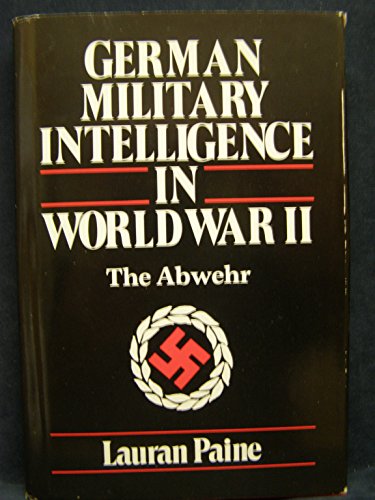


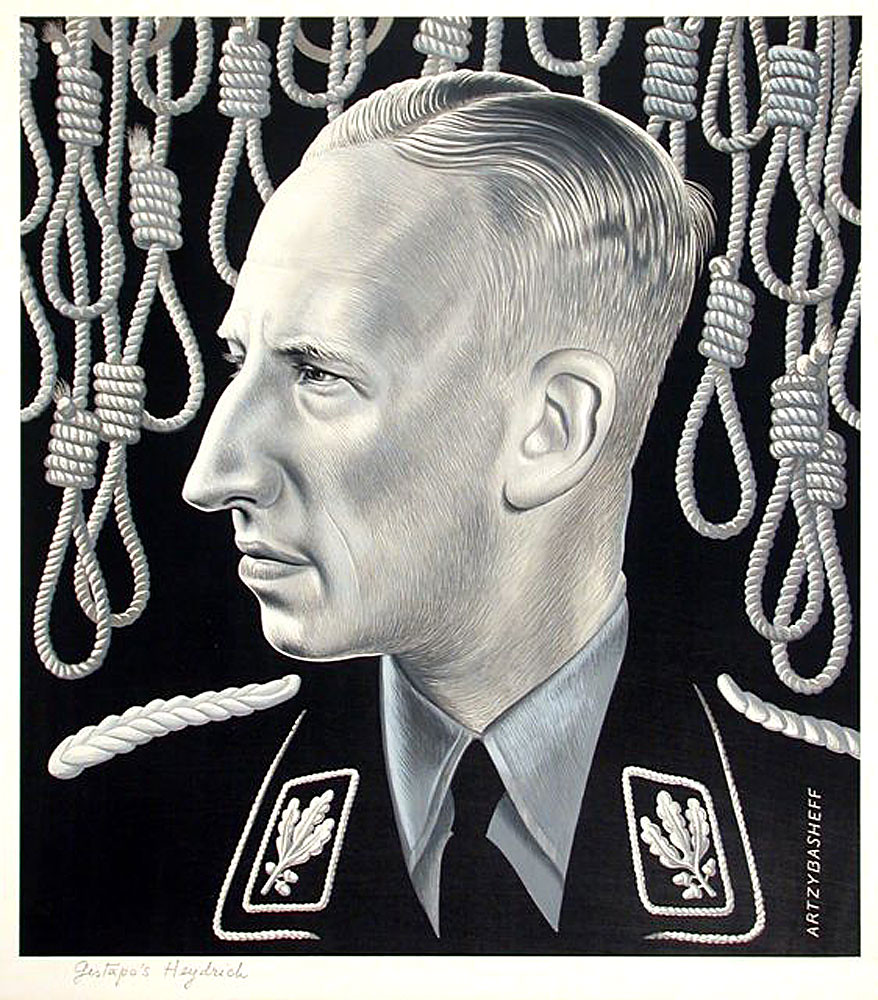






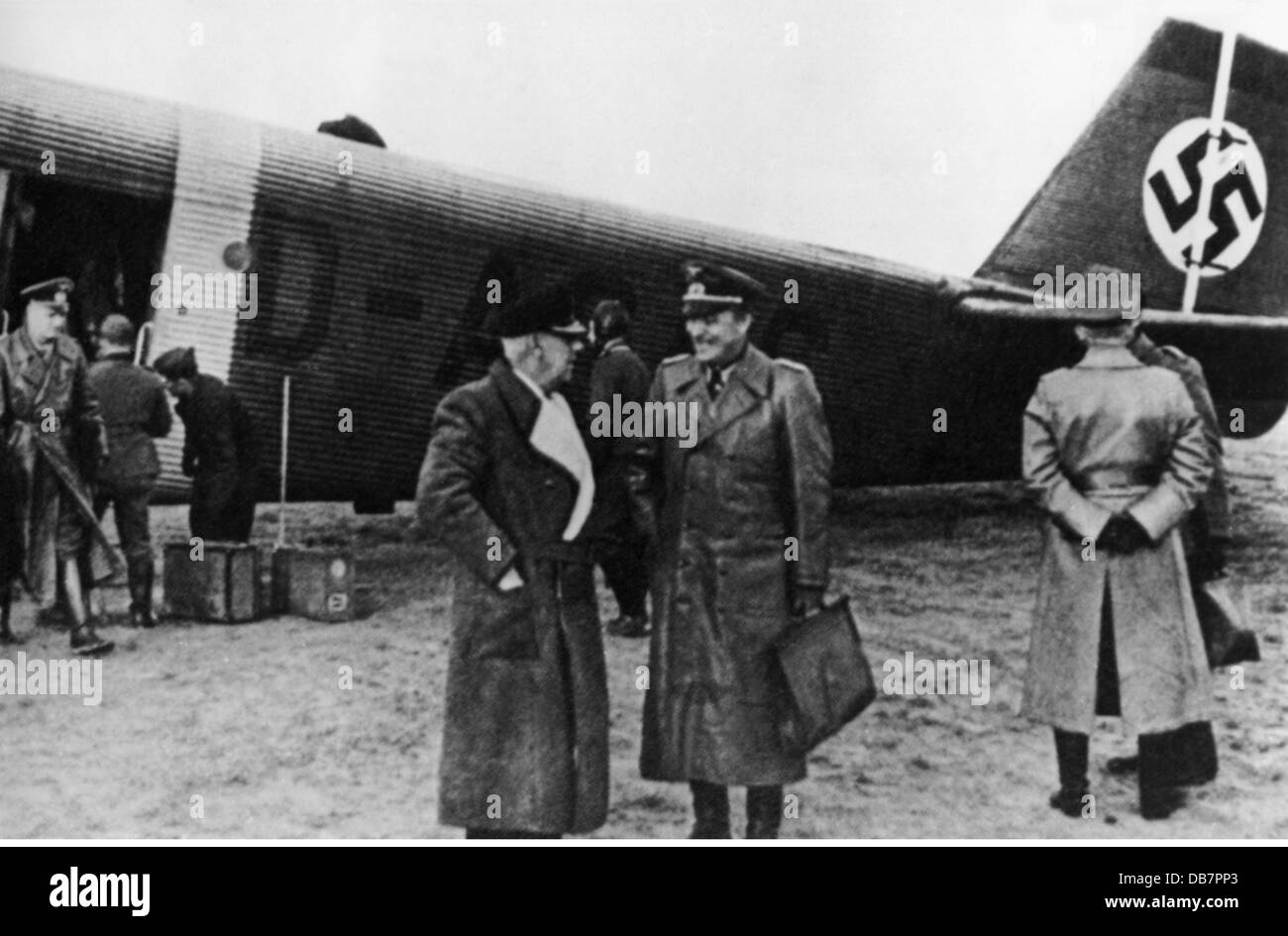
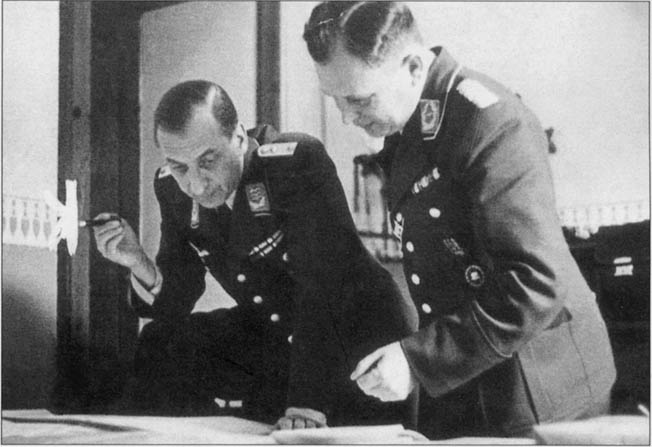
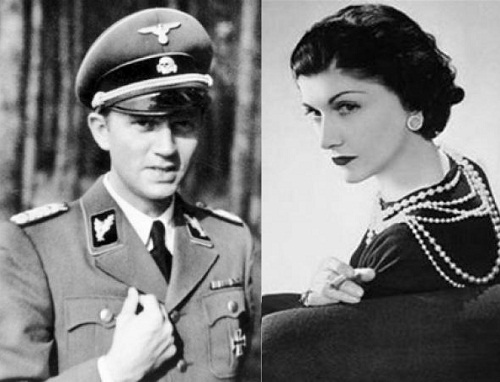






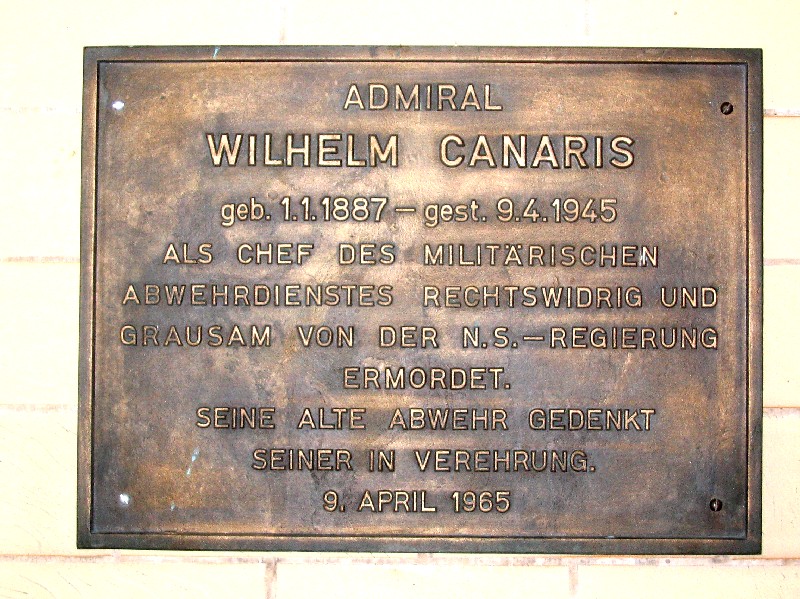




Comments
Post a Comment